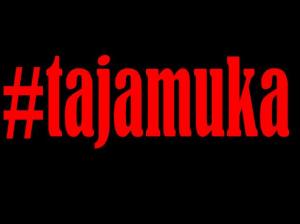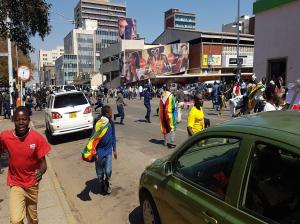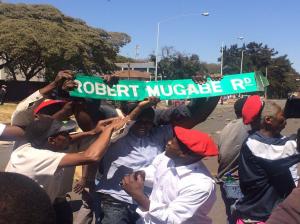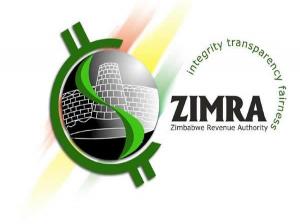Government Urged To Block Smuggling

Published: 2016 May 30 07:27:32 (3258 Views)
ZIMBABWE National Chamber of Commerce (ZNCC) has called on government to increase efforts to clampdown on smuggling, which is costing both Treasury and businesses millions of dollars in lost revenue.
As the economic situation continued to worsen, smuggling has been on the rise in recent months, with the Zimbabwe Revenue Authority’s (Zimra) first quarter report for 2016 attributing a tax revenue loss of $136 million due to the scourge.
Speaking at an Industry and Commerce ministry breakfast meeting on the import management and local industry support measures in Harare on Friday, ZNCC president Davison Norupiri said although Zimra was doing all it could, more was needed to plug gaps.
“We know Zimra is working flat out to try to avoid and block smuggling. But smuggling is actually affecting business at the moment. As a chamber we want Zimra to tighten their screws so that they can reduce smuggling, but at the same time we are now having challenges at the border,” Norupiri said.
“When we are now talking about the flow of traffic, business does not have that luxury to stock a lot of raw materials, so we have resorted to the issue of just in time (required usage for production at the time) for raw materials. The moment you have your trucks at the border for three to four weeks it is not a favour, but disfavour in as far as business is concerned.”
One of the major reasons why the import bill was so large is the increase in undocumented goods entering the country, putting local companies out of business.
These goods were smuggled by individuals or shelf companies that bring in forged receipts, which do not represent the actual amount of goods imported.
By not providing accurate receipts of the goods sold, when making sales to the local market the individuals or shelf companies who bring in the imported goods are not fully taxed and thereby can keep excess money, allowing them to have more capital to re-invest.
This, however, is putting established companies out of business, as they have less money to re-invest due to economic forces and paying taxes that are seen as too high. Taxes are not seen to reflect that the economy is using a strong currency.
This was further emphasised in the first quarter report for 2016. In it, Zimra board chairperson Willia Bonyongwe said the revenue authority needed to review cost structures because of the strong currency in use.
- News day
As the economic situation continued to worsen, smuggling has been on the rise in recent months, with the Zimbabwe Revenue Authority’s (Zimra) first quarter report for 2016 attributing a tax revenue loss of $136 million due to the scourge.
Speaking at an Industry and Commerce ministry breakfast meeting on the import management and local industry support measures in Harare on Friday, ZNCC president Davison Norupiri said although Zimra was doing all it could, more was needed to plug gaps.
“We know Zimra is working flat out to try to avoid and block smuggling. But smuggling is actually affecting business at the moment. As a chamber we want Zimra to tighten their screws so that they can reduce smuggling, but at the same time we are now having challenges at the border,” Norupiri said.
“When we are now talking about the flow of traffic, business does not have that luxury to stock a lot of raw materials, so we have resorted to the issue of just in time (required usage for production at the time) for raw materials. The moment you have your trucks at the border for three to four weeks it is not a favour, but disfavour in as far as business is concerned.”
One of the major reasons why the import bill was so large is the increase in undocumented goods entering the country, putting local companies out of business.
These goods were smuggled by individuals or shelf companies that bring in forged receipts, which do not represent the actual amount of goods imported.
By not providing accurate receipts of the goods sold, when making sales to the local market the individuals or shelf companies who bring in the imported goods are not fully taxed and thereby can keep excess money, allowing them to have more capital to re-invest.
This, however, is putting established companies out of business, as they have less money to re-invest due to economic forces and paying taxes that are seen as too high. Taxes are not seen to reflect that the economy is using a strong currency.
This was further emphasised in the first quarter report for 2016. In it, Zimra board chairperson Willia Bonyongwe said the revenue authority needed to review cost structures because of the strong currency in use.
- News day
You May Like These Videos
Comments
There are no comments.
Get Zim Metro Updates Alerts
Big Reads

Schoolgirl drops out after continuous 'sexual abuse' by teacher
by Staff Reporter | 2019 August 13 07:42:33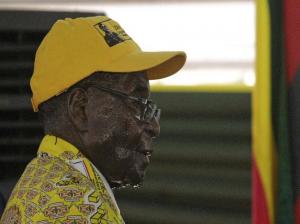
Mugabe Knows Nothing About The Zimbabwe Constitution: MP
by Staff Reporter | 2016 October 01 08:12:02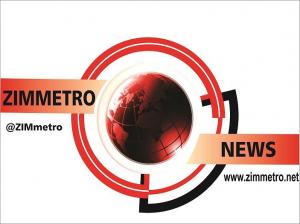
Zim's Protesting Graduates Risk Losing Degrees For Expressing Anger Against Mugabe
by Staff Reporter | 2016 October 01 07:57:08
Troubled Harare Giants Dynamos Falls Into Another Deep Crisis
by Own Correspondent | 2016 October 01 07:49:17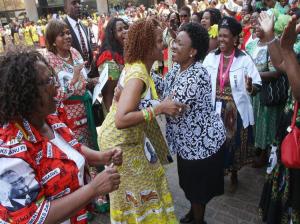
Grace Mugabe Grovels At Mnangagwa, Says I Did Not Ask Ubaba To Fire You
by Staff Reporter | 2016 October 01 07:31:48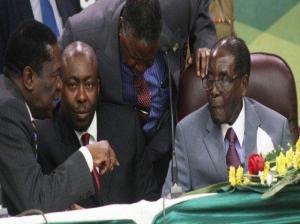
Mugabe Attacks Mawarire, Claims The Exiled Pastor Failed To Divide Zimbabwe
by Staff Reporter | 2016 October 01 07:19:13
Shock As Local Bank Denies 'Rich' Mugabe's Son Heifty Credit
by Own Correspondent | 2016 September 30 19:14:54
Trouble For Police Officers Who Have Been Mercilessly Bludgeoning Protesters
by Staff Reporter | 2016 October 01 07:20:19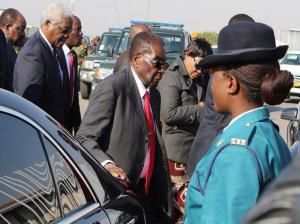
Mugabe "Home Coming" And "Thank You" Rally On Cards
by Own Correspondent | 2016 September 23 06:48:24
Prof Moyo Was Dumped By Western Embassies, Claims Mutsvangwa
by Staff Reporter | 2016 September 22 10:08:07
Broke RBZ Tracks Down Zimbabweans Living Outside The Country Over Taxi
by Staff Reporter | 2016 September 22 09:16:20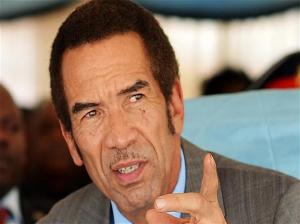
You Are Too Old To Lead, Aging Zim President Mugabe Told
by Own Correspondent | 2016 September 22 07:19:25
Anti-Corruption Commission Loses Property In Failed Probe
by Own Correspondent | 2016 September 20 03:18:19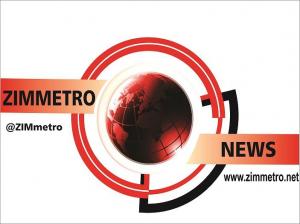
SHOCKING:14 Year Old HIV-Positive Boy Rapes 7 Pupils
by Own Correspondent | 2016 September 20 00:04:55

 WATCH: Victims Narrate Ordeal After Being Clobbered By Riot Cops
WATCH: Victims Narrate Ordeal After Being Clobbered By Riot Cops FLASHBACK: Morgan Tsvangirai Won't Resign Despite Illness
FLASHBACK: Morgan Tsvangirai Won't Resign Despite Illness  Police Violently Beat Harare Protesters
Police Violently Beat Harare Protesters  Zimbabwean Man Who Was Shot By Tswana Employer Appeals For Help
Zimbabwean Man Who Was Shot By Tswana Employer Appeals For Help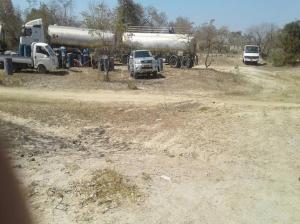







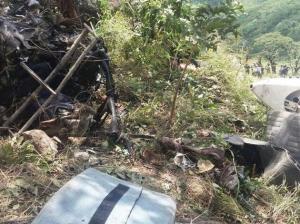
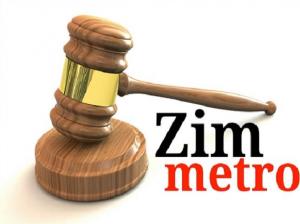
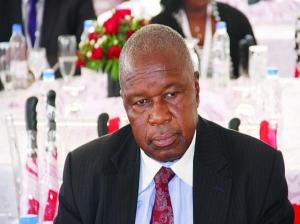

.jpg)

